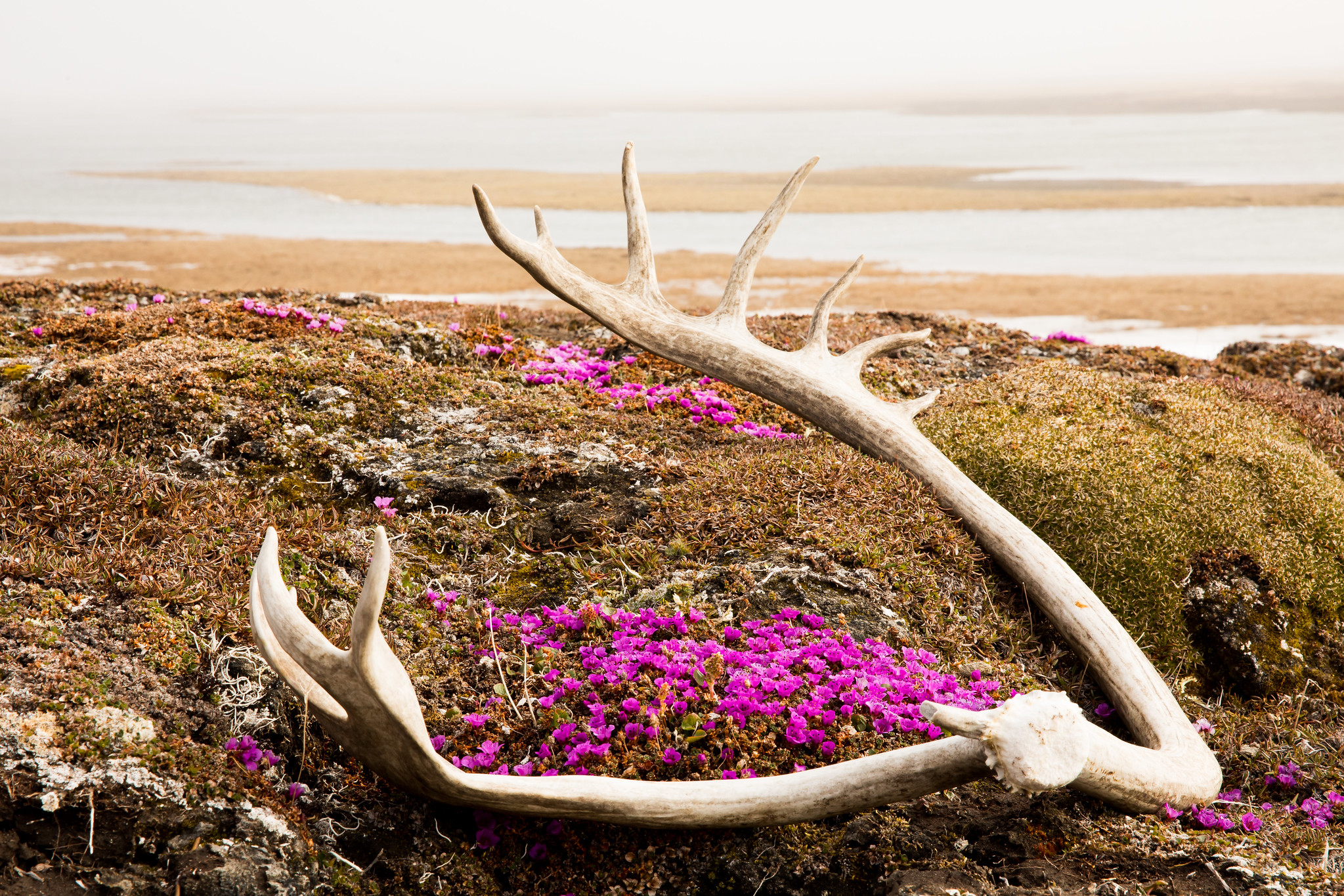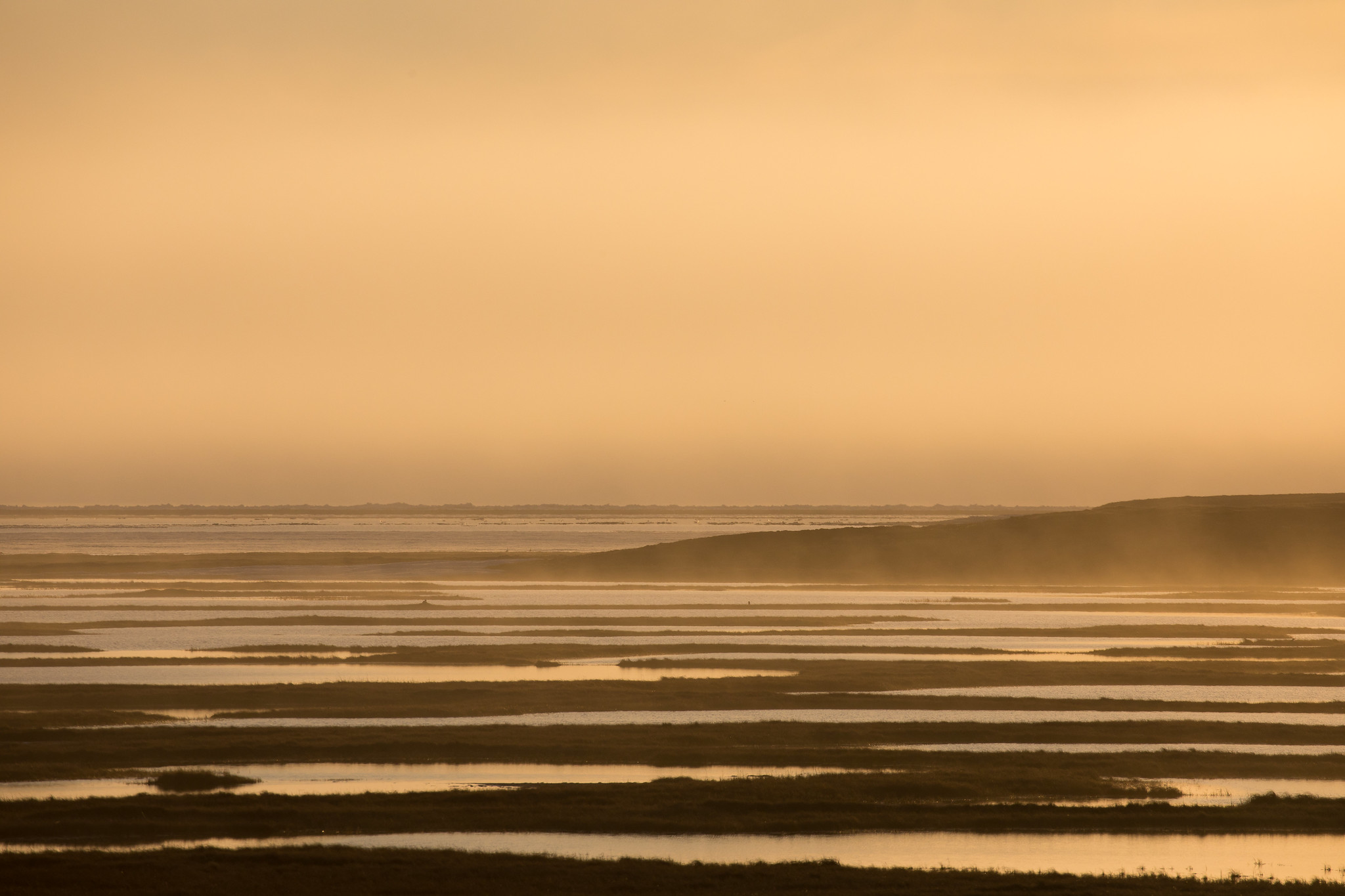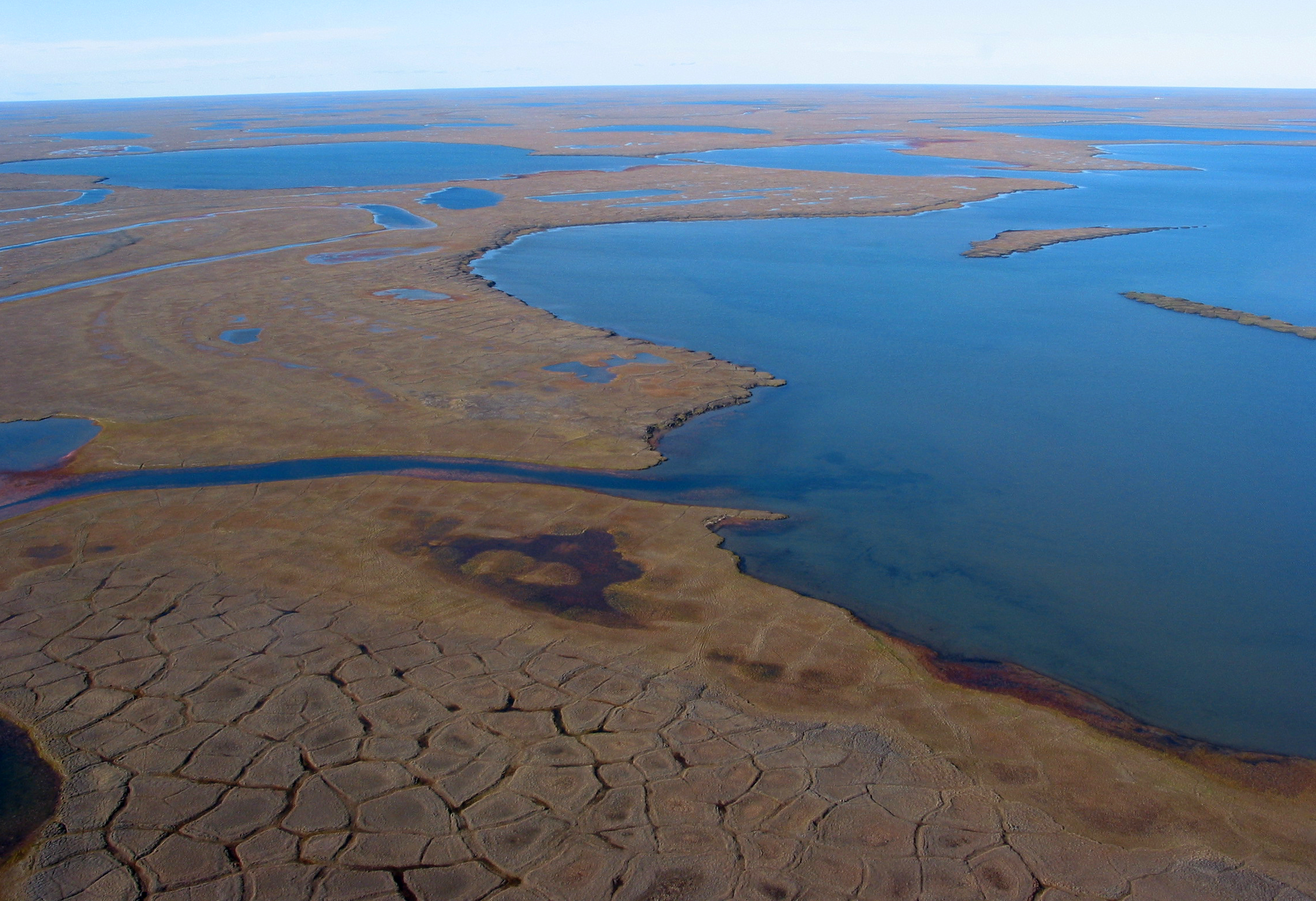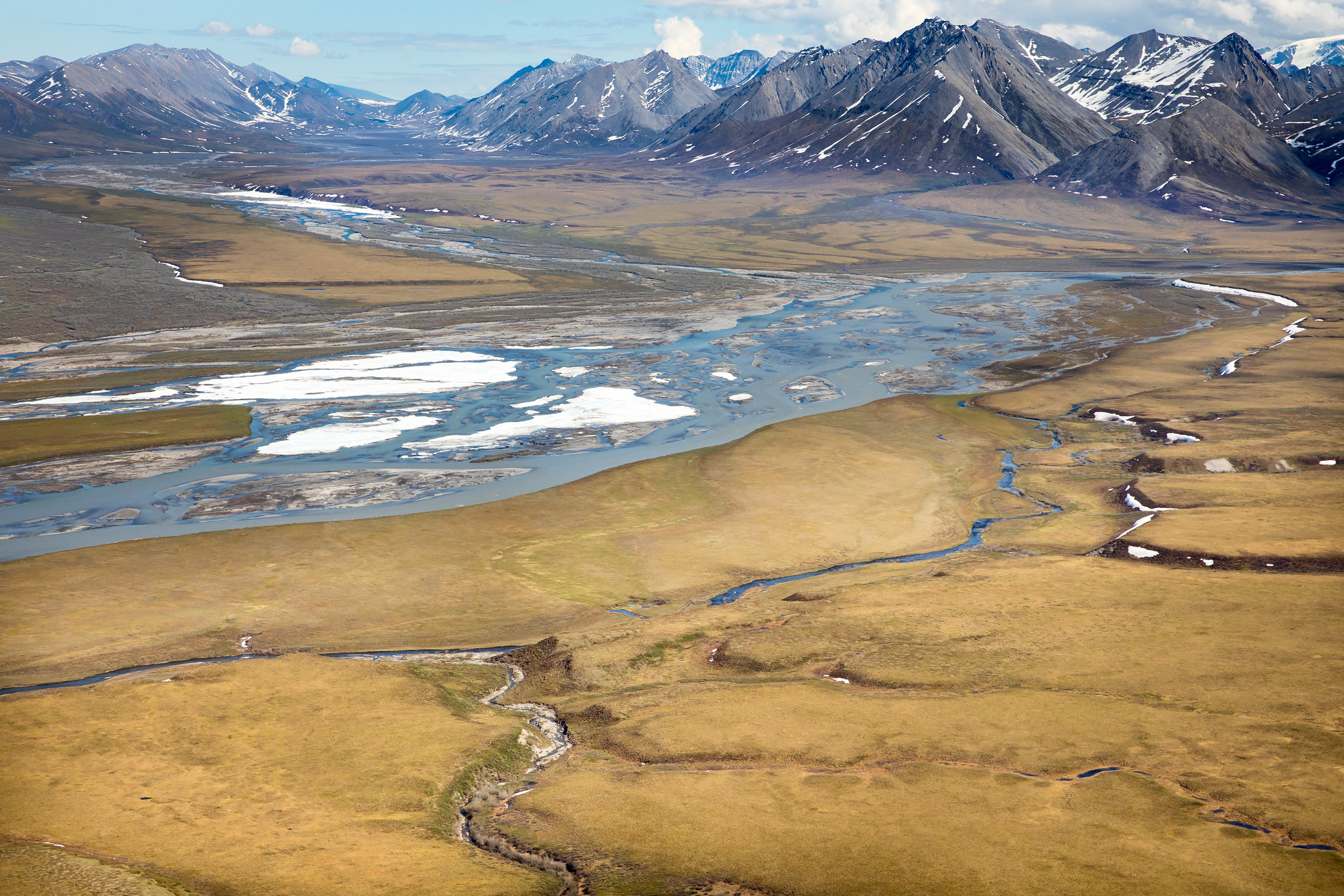With a Biden win, the window for oil drilling in Alaska’s Arctic refuge is closing
Exploration in the Arctic National Wildlife Refuge — and in the National Petroleum Reserve-Alaska — is likely to stall in a new administration.

The victory of Democratic Candidate Joe Biden in the U.S. presidential election appears to have upended the Trump administration’s ambitions to expand oil development into once-protected areas of Arctic Alaska, including the Arctic National Wildlife Refuge.
The Biden-Harris win comes just as the administration is poised to authorize controversial oil exploration in the refuge, on the eastern side of Alaska’s North Slope.
President-elect Biden has placed himself squarely in opposition to ANWR oil development.
That position was stated explicitly in a climate and environment plan released in July that promised a goal of “permanently protecting the Arctic National Wildlife Refuge and other areas impacted by President Trump’s attack on federal lands and waters.” It was also affirmed in an October policy statement on Native issues that promised “immediate steps to reverse the Trump administration’s assaults on America’s natural treasures, including by reversing Trump’s attacks on the Arctic National Wildlife Refuge,” among other sites.
For supporters of ANWR oil exploration, time is short.
More approvals required
The Interior Department of the Interior is preparing to approve seismic surveys in the refuge’s coastal plain, activity that environmentalists and veteran Arctic scientists in Alaska say is dangerous for the region’s permafrost, tundra and wildlife.
But that approval requires an incidental harassment authorization allowing the seismic operations to be conducted around polar bears. That authorization, which would come from the U.S. Fish and Wildlife Service, requires that a draft version be published in the Federal Register, followed by at least 30 days of public comment, said Bridget Psarianos, an attorney with the environmental law firm Trustees of Alaska.
[The Trump administration proposes allowing seismic exploration in Alaska’s Arctic refuge this winter]
Additionally, the Bureau of Land Management still needs to conduct an environmental assessment of the seismic plan, she said.
The application for seismic work envisions a possible end-of-December start, but that is appearing unlikely, Psarionos said.
“We definitely have some questions about whether they can proceed on the timeline that’s laid out,” she said.

If authorization does not come by Jan. 20, which is Inauguration Day, “we would be respectfully asking President Biden to not issue the permit,” she said. If seismic surveys are approved prior to Biden’s inauguration, “then we would certainly fight that. We would take action against that,” she said.
As for an ANWR lease sale itself, which the Trump administration had once vowed to conduct by the end of 2019, there are also questions about whether that could occur prior to Jan. 20.
The BLM has issued a record of decision approving an aggressive plan allowing leasing over the entire 1.6 million-acre refuge coastal plain. No lease sale has yet been scheduled.
[A new lawsuit over Arctic refuge oil cites transboundary environmental effects]
Efforts to drill for oil in the Arctic refuge received a different type of setback on Monday in the financial world. Toronto-Dominion Bank announced that its policy now precludes any direct services for oil development north of the Arctic Circle, including in the refuge. The bank is now the third Canadian financial institution to announce such a policy — and one in a growing list of North American and European institutions with similar policies.
“The Arctic Circle is a unique and fragile environment, home to protected species, and of crucial importance to the local Indigenous populations. From a climate perspective, this area is warming significantly faster than the rest of our planet, which poses the risk of increased GHG releases and further warming,” TD’s new climate action policy announcement said. “Given these facts, TD will not provide new project-specific financial services, including advisory services, for activities that are directly related to the exploration, development, or production of oil and gas within the Arctic Circle, including the Arctic National Wildlife Refuge (ANWR).”
NPR-A could be affected, too
Trump administration policies for expanded oil development on the other side of the North Slope also face a time crunch.
The administration this year changed the rules for oil development in the National Petroleum Reserve-Alaska, stripping away protections for sensitive areas like Teshekpuk Lake, the largest lake in Arctic Alaska. A new Integrated Activity Plan released by the Bureau of Land Management in June opens up more than 81 percent of the reserve to oil development, replacing an Obama-era plan that has allows oil leasing in only about half of the reserve.
However, the Trump administration IAP needs a formal record of decision to be put into effect. That record of decision has not yet been released. Until that decision is formalized, the Obama IAP remains in effect.

The BLM has not yet scheduled any 2020 NPR-A lease sale.
Normally, an NPR-A lease sale is held annually in December or November, and the Obama administration made it a policy to coordinate the NPR-A lease sales with annual state lease sales for state territory on the central North Slope, the Brooks Range foothills and the Beaufort Sea. Those state lease sales are being planned but dates have not been announced.
Holding a federal lease sale, either in the Arctic refuge or the NPR-A, requires a series of steps that consume some time, Psarianos said. There must be a call for nominations, in which the industry is asked to indicate areas of interest, followed by a 30-day public comment period, she said. That is followed by a formal notice of sale and a statement detailing sale terms, she said. Another 30-day public comment period must elapse before a lease sale is held, she said.
Environmentalists see victory in Biden win
When Biden’s victory was announced after voting concluded, environmentalists cited Alaska Arctic issues specifically in their congratulatory messages.
“We are especially energized by the President-elect’s campaign commitment to permanently protect the Arctic National Wildlife Refuge, a promise two-thirds of Americans support including large majorities of independents, suburban women, Latinos and Black voters,” Adan Kolton, executive director of the Alaska Wilderness League, said in a statement released Saturday.
In an interview on Monday, Kolton also said time should be too short for any Arctic refuge exploration to start.
“We think that these things can’t be done in a legal way if you follow the environmental laws that are in place,” he said. “That hasn’t stopped the administration, unfortunately, from sidestepping the law to get things done.”

Trump has not conceded the election.
Kolton said he could not speculate on what would happen if Trump refuses to leave office.
“That’s a bit above our pay grade here,” he said. “We’re counting on American democracy to work and for the transition of power to move forward at some point in time in an orderly way.”
Officials from the Interior Department had not responded to questions about ANWR seismic surveys or leasing or about plans for the NPR-A by the time of publication.